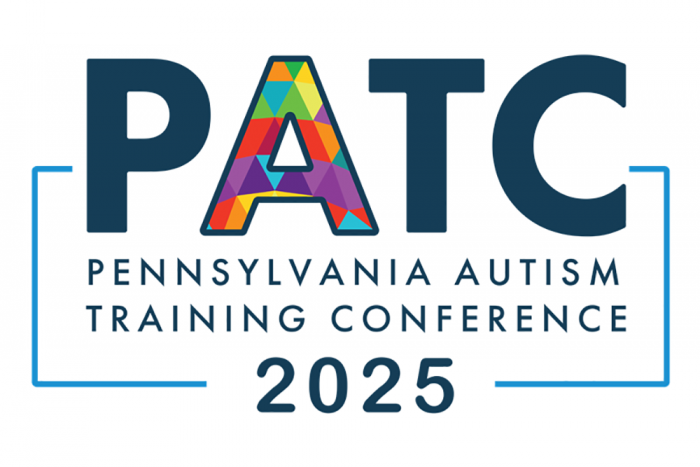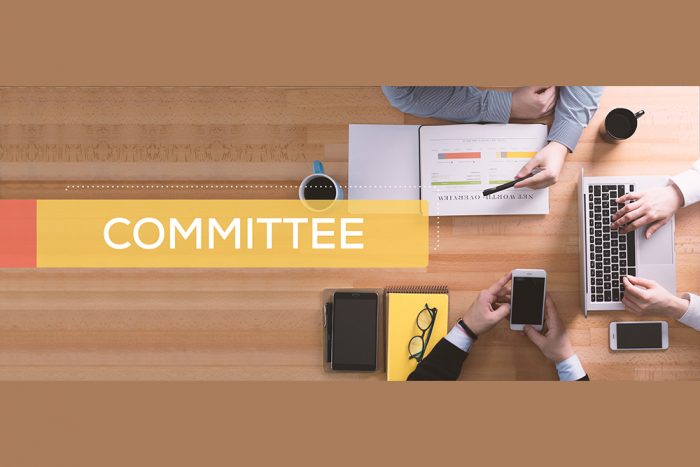Wednesday, October 15, 2025
11:00 am – 12:00 pm EDT; 10:00 am – 11:00 am CDT;
9:00 am – 10:00 am MDT; 8:00 am – 9:00 am PDT
Register Here
Presenter Bios:
Kara Monnin, PhD
Kara Monnin is a Clinical Assistant Professor of Pediatrics at Nationwide Children’s Hospital (NCH) and Ohio State University’s School of Medicine in Columbus, OH. She provides clinical services across multiple inpatient units, including Complex Healthcare, Inpatient Physical Medicine and Rehabilitation, and acute care services (PICU, Trauma/Surgery/Neurosurgery). Dr. Monnin also serves as a member of the Advanced Illness Management/Palliative Care team at NCH and specializes in traumatic brain injury, rehabilitation populations, and children and adolescents with complex medical needs.
Kelsey Klaus, MSW, LISW-S
Kelsey is a clinical lead in the Clinical Medical Social Work Department at Nationwide Children’s Hospital in Columbus, Ohio. Kelsey’s area of focus is in the Developmental Behavioral Pediatrics Clinic, where she works with children and families to mitigate barriers to optimal developmental outcomes. Kelsey is passionate about treatment planning from a person-first perspective, assisting families in sharing respectful engagement, inclusive treatment discussions, and autonomy on their treatment journey. Kelsey is a longtime resident of Columbus, Ohio, where she resides with her husband and four-year-old son.
Objectives: Following this course, the learner will:
- Define Non-Accidental Trauma and Self-Inflicted Intentional Injury;
- Discuss current statistics, precipitating factors, and resulting trauma for those in the wake;
- Implement strategies to respond to NAT and self-inflicted intentional injury with a trauma-informed approach; and
- Evaluate the ways in which healthcare systems can reduce re-traumatization.
Audience: This webinar is intended for all interested members of the rehabilitation team.
Level: Intermediate
Certificate of Attendance: Certificates of attendance are available for all attendees. No CEs are provided for this course.
Complimentary webinars are a benefit of membership in IPRC/RCPA. Registration fee for non-members is $179. Not a member yet? Consider joining today.
Attendees may wish to review Preventing Secondary Trauma & Practical Self Care prior to this session.


















